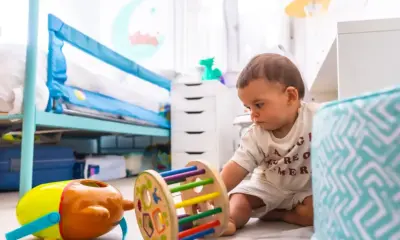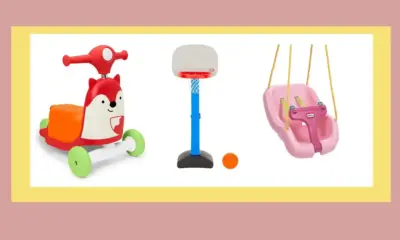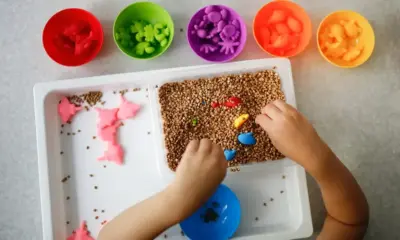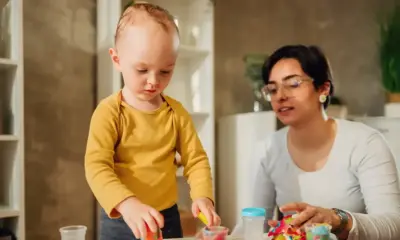Playtime
Fun Ways to Build Your Child’s Brain
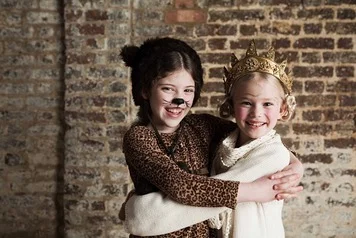
Young children learn best through play, and every playful moment can help build child’s brain development in exciting ways. While expensive toys aren’t necessary, daily activities can support cognitive growth through simple, fun interactions. With the right approach, your child builds critical skills and enjoys every second.
Use Blocks to Spark Curiosity
Stack, Test, and Learn
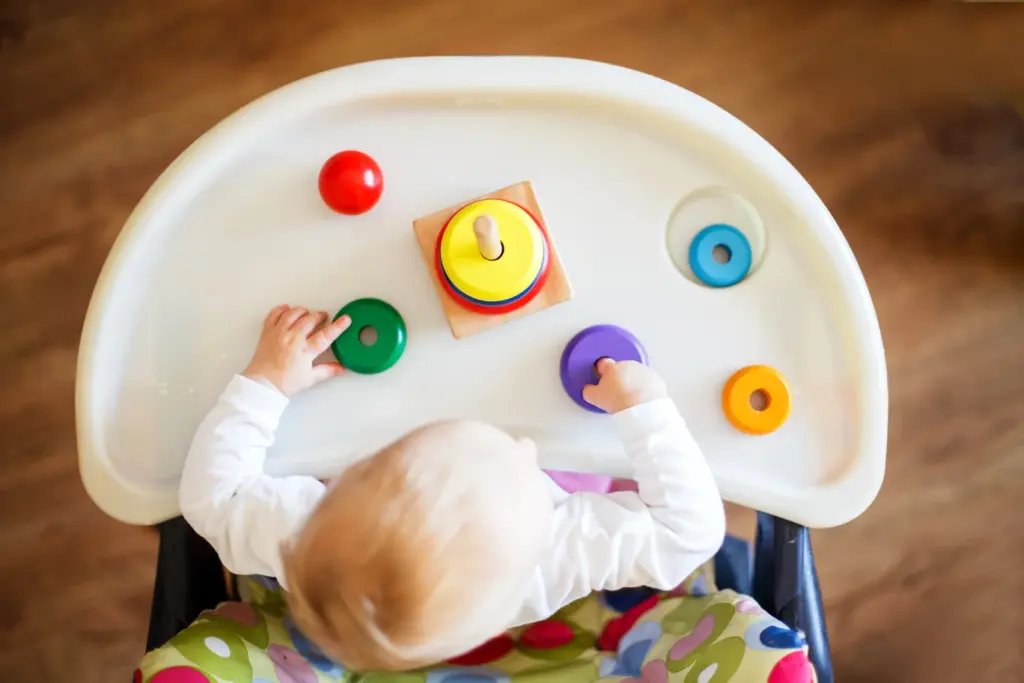
Blocks remain one of the oldest and most powerful learning tools. They teach experimentation, problem-solving, and cause-and-effect thinking. Children also learn concepts like size, shape, direction, and balance as they play.
Encourage variety by offering blocks in different shapes, weights, and colors. This keeps playtime challenging and helps maintain your child’s interest longer.
Try Sand and Water Play
Explore Textures and Volume
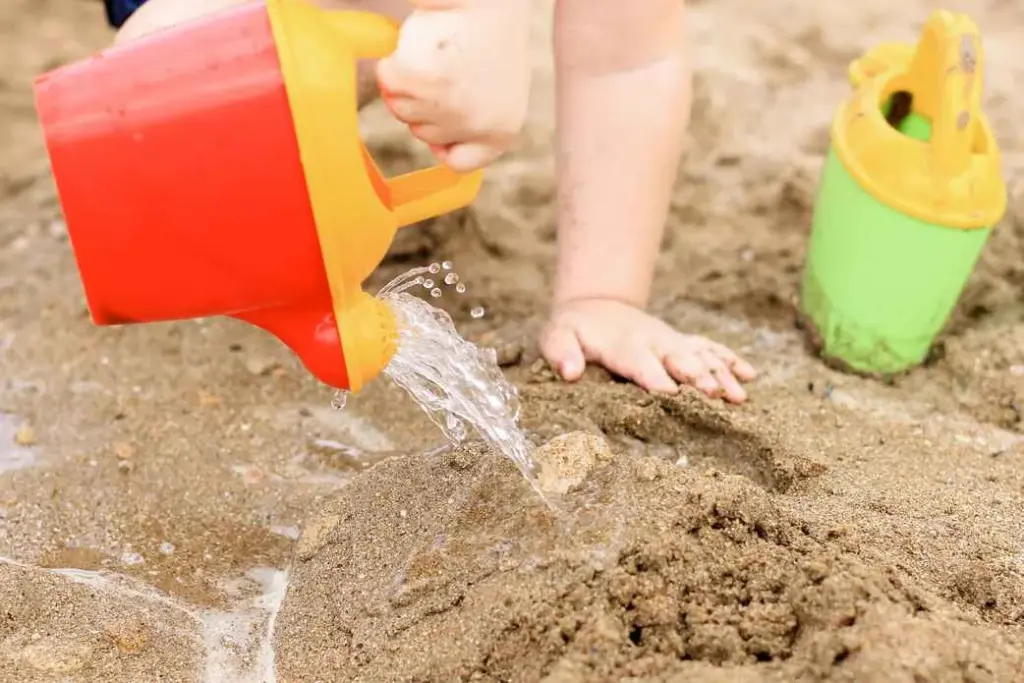
A basin of sand and a few scoops introduce children to texture, volume, and persistence. Pouring water into sand teaches patience and cause-effect understanding. Your child stays engaged while learning science basics.
Ask open-ended questions to spark critical thinking. Try, “Why do you think the water disappeared?” or “What happens if we add more sand?”
Let Your Child Lead the Way
Play Reverse Follow-the-Leader
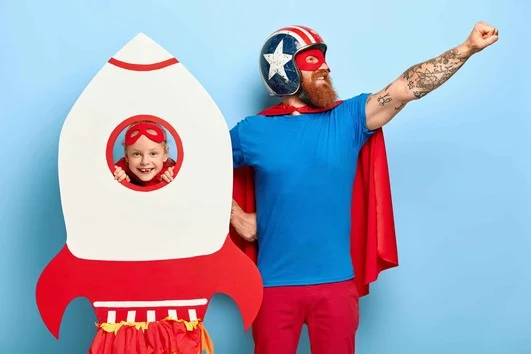
When you let your child lead the activity, their brain works harder to make decisions and explore. Whether it’s dragging leaves or digging holes, this independent play builds focus and vocabulary.
Research shows children learn more words when adults follow their lead. So, observe and ask occasional questions about what they’re doing or discovering.
Dress-Up Sparks Creativity
Imagination Through Pretend Play

Dress-up play promotes creativity, emotional expression, and impulse control. Kids imagine roles, stories, and characters—all while learning how to navigate the world. Set aside clothes and accessories for this activity.
Next playdate, suggest trying on silly hats or oversized shirts. Watch how they invent stories and act out scenes with friends or siblings.
Cook Up Imaginative Fun
Pretend Cooking Builds Early Skills
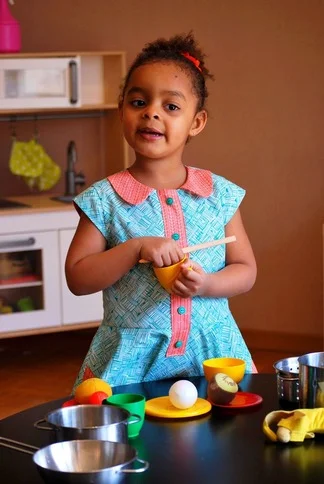
When your child stirs an empty pot, they engage in abstract thinking. This is similar to reading, where symbols represent meaning. It helps build child’s brain through early literacy connections and imaginative play.
Offer child-safe “ingredients” like sponges or large toy foods. Avoid small items like beans, which could pose choking hazards.
Play Hide-and-Seek
Strengthen Spatial and Mapping Skills
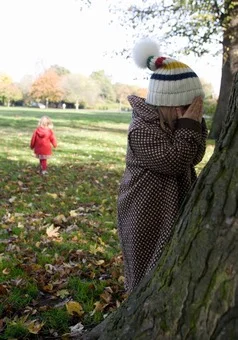
Hide-and-seek teaches children spatial awareness, prediction, and navigation. The seeker must visualize the space, plan, and adjust as they search.
For toddlers not ready for full hide-and-seek, try hiding objects like a teddy bear or cup. Ask them to find it after watching you hide it. This builds confidence and prediction skills.
Conclusion
You can help build child’s brain every day through simple, playful activities. Blocks, sand play, and dress-up may seem fun, but they all nurture creativity, memory, and problem-solving.

